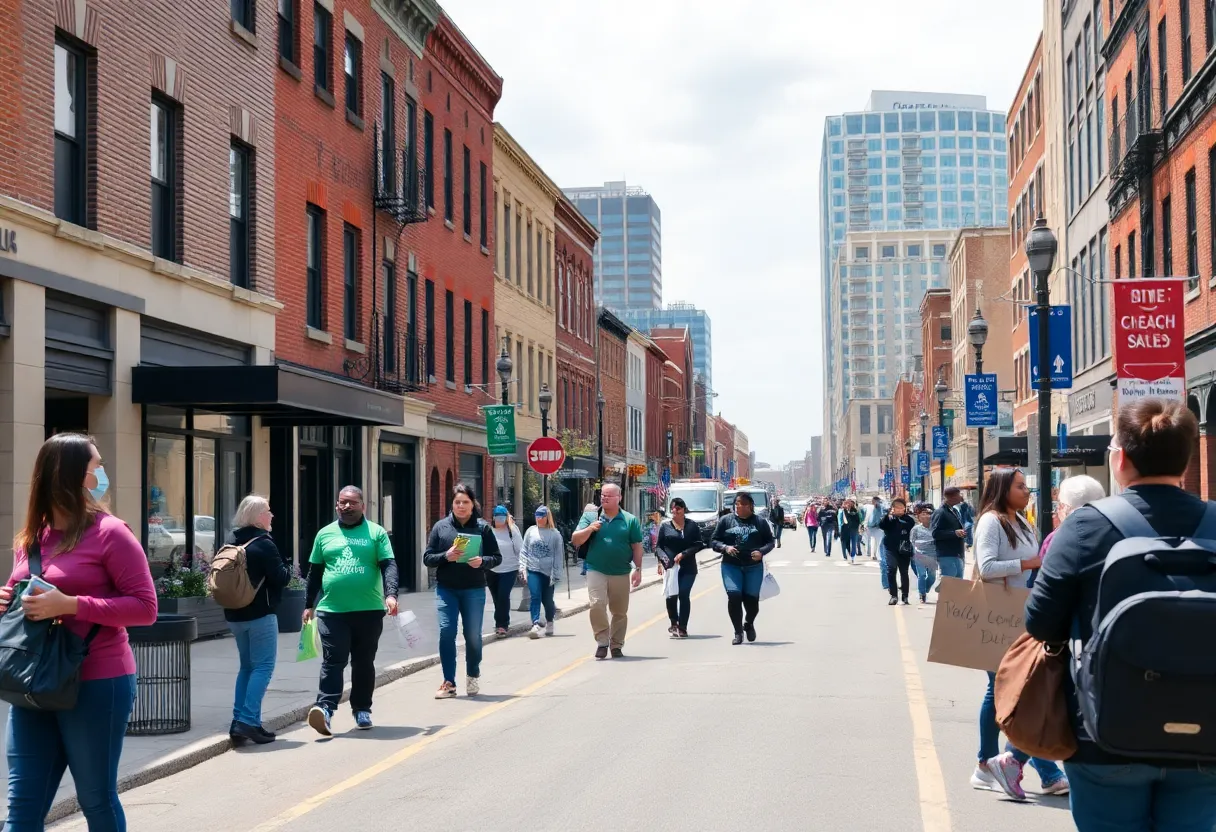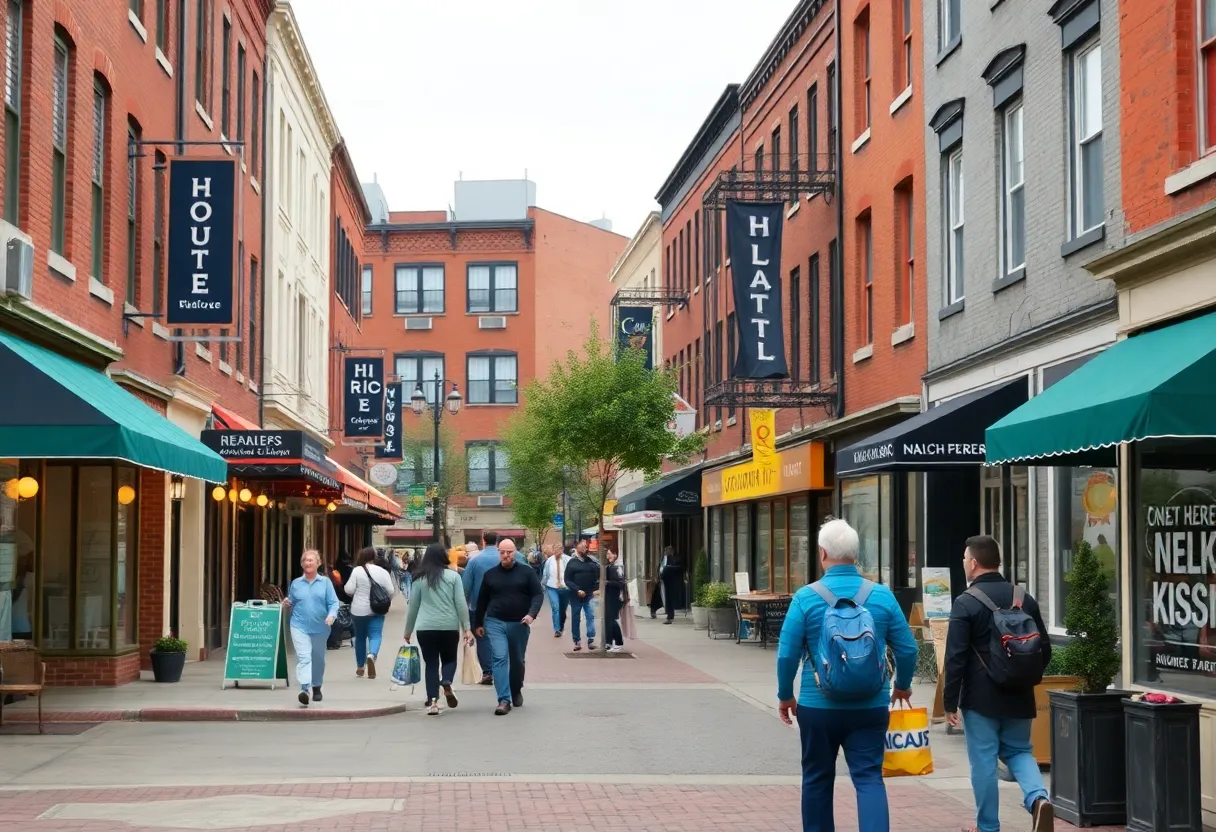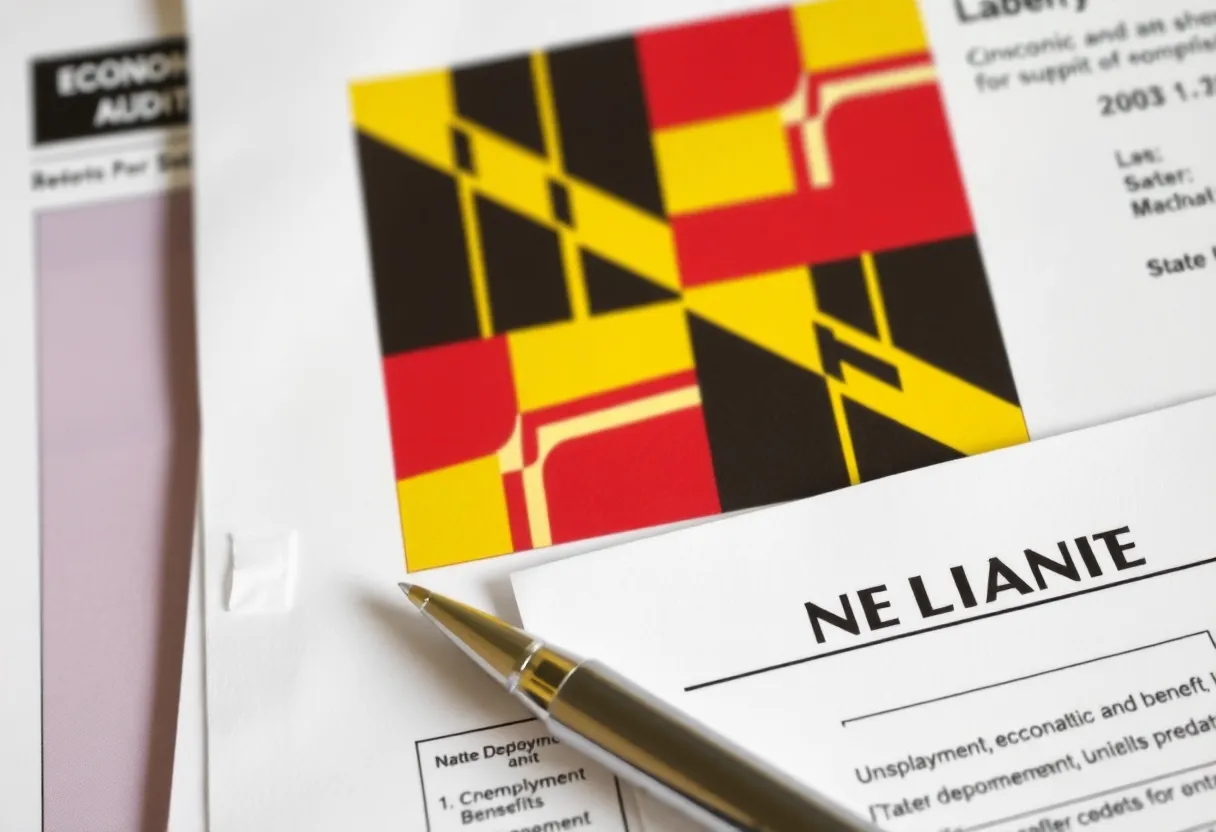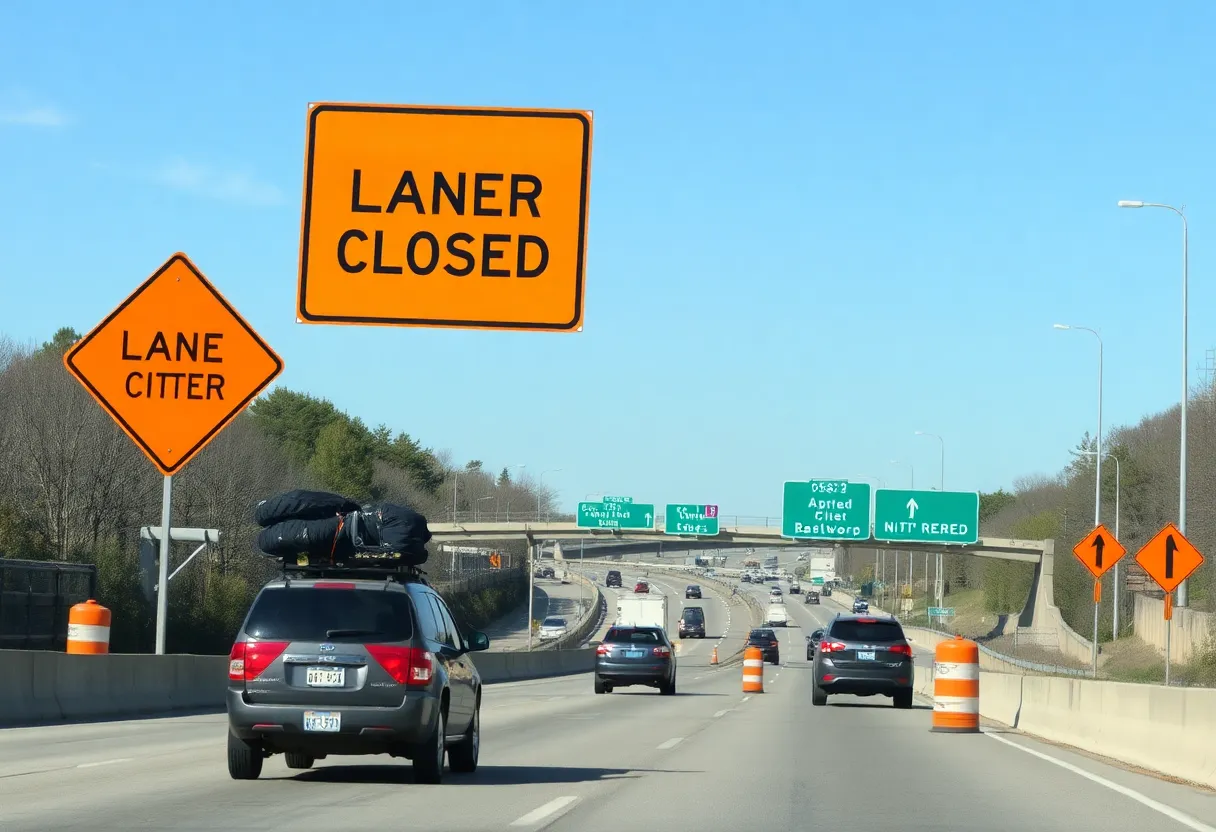News Summary
Baltimore officials express strong opposition to Trump’s suggested deployment of National Guard troops, arguing that local strategies are effectively managing crime. Despite a significant decrease in crime rates, the tension between federal intervention and local autonomy raises concerns about public safety and community impact. Mayor Scott and Governor Moore advocate for increased funding for local anti-violence programs instead of military presence.
Baltimore Leaders Push Back Against Trump’s Proposed Deployment of National Guard as Crime Rates Decline
Baltimore is witnessing a significant disagreement between local officials and the Trump administration over the proposed deployment of National Guard troops to address crime. Maryland Governor Wes Moore and Baltimore Mayor Brandon Scott have both expressed opposition to this move, stating it is unnecessary for the city’s current situation.
Governor Moore and Mayor Scott emphasize that Baltimore is effectively managing its safety and security needs without federal military assistance. Over the past three years, police reports indicate a consistent decline in both homicides and non-fatal shootings. Recent statistics show that homicides in Baltimore dropped by 29% from 2024, while non-fatal shootings decreased by 21%. Other crime categories also saw reductions, including carjackings by 30% and vehicle thefts by 32%.
Despite the encouraging downward trend in violence, Baltimore still had the third-highest rate of violent crime in the United States last year, according to the FBI. This complexity adds to the conversation about how best to address public safety in the city. State and city officials argue that rather than sending in the National Guard, federal funding for anti-violence programs is essential to continue the progress achieved so far.
Local Leadership’s Confidence
Mayor Scott has voiced strong confidence in existing local strategies for combating violent crime, asserting that Baltimore knows what works best for its unique community circumstances. The Mayor has also indicated there may be legal action taken against the deployment of the National Guard, echoing concerns regarding the implications of military presence in urban areas, particularly in the context of past events that sparked public unrest.
Governor Moore reinforced the notion of investing in local law enforcement and technology to address crime effectively, rather than taking what they view as an extreme measure. Interestingly, Trump declined an invitation from Moore to visit the city unless local leaders could demonstrate significant improvements in tackling what he termed a “crime disaster.”
The ongoing tension escalated when Trump described Baltimore in harsh terms, leading to further frustration among local leaders who believe the planned military intervention is unjustified. Additionally, the Trump administration has yet to announce when the National Guard might potentially be deployed to Baltimore, and this lack of clarity adds to community apprehension.
Community Reaction and Concerns
Reactions among Baltimore residents regarding the potential National Guard deployment are mixed. While some individuals feel that military presence could enhance security and deter crime, others worry it might amplify tensions within the community and lead to increased violence. Concerns have been raised about the targeted impact on minority communities and the historical context of police and military presence, particularly following the death of Freddie Gray, which triggered significant public demonstrations and highlighted societal angst surrounding law enforcement in Baltimore.
Local violence prevention initiatives have received recognition for significantly lowering gun violence in the city. As Mayor Scott emphasizes the need for restoring federal funding to support ongoing anti-violence programs, he also advocates for banning “ghost guns,” which are untraceable fire-arms often implicated in gun violence.
Federal and Local Dynamics
The backdrop of this debate is Trump’s administration’s stance that rising crime levels present a direct threat to the federal government’s operations. In contrast, Baltimore’s leaders focus on fulfilling community needs through existing programs and strategies tailored to their social landscape. This fundamental disagreement illustrates the complex dynamics between federal intervention and local autonomy in managing crime.
With over 2,200 National Guard members currently stationed in Washington, D.C., under various Republican governors, Maryland’s leaders continue to push back against what they perceive as an unwarranted use of force in their city. As the situation evolves, the dialogue between local officials and the federal government remains a point of tension affecting the city’s approach to public safety and community wellbeing.
Deeper Dive: News & Info About This Topic
HERE Resources
Hampden Business Owners Concerned About Maryland Cycling Classic Disruptions
Maryland Cycling Classic Returns to Baltimore in 2025
Maryland Cycling Classic to Disrupt Baltimore Traffic
Baltimore Small Businesses Struggle Due to Cycling Event
Baltimore Anticipates Traffic Challenges for Maryland Cycling Classic
Visalia CEO Arrested for COVID-19 Relief Fund Fraud
3-Alarm Fire Engulfs Commercial Laundry in Baltimore
Maryland Cycling Classic Set to Transform Baltimore on September 6, 2025
Maryland Cycling Classic Returns to Baltimore in 2025
Baltimore Hosts Community Engagement Day on September 6, 2025
Additional Resources

Author: STAFF HERE BALTIMORE WRITER
The BALTIMORE STAFF WRITER represents the experienced team at HEREBaltimore.com, your go-to source for actionable local news and information in Baltimore, Baltimore County, and beyond. Specializing in "news you can use," we cover essential topics like product reviews for personal and business needs, local business directories, politics, real estate trends, neighborhood insights, and state news affecting the area—with deep expertise drawn from years of dedicated reporting and strong community input, including local press releases and business updates. We deliver top reporting on high-value events such as the Baltimore Book Festival, Preakness Stakes, and Artscape. Our coverage extends to key organizations like the Baltimore Chamber of Commerce and Visit Baltimore, plus leading businesses in shipping and healthcare that power the local economy such as the Port of Baltimore and Johns Hopkins Medicine. As part of the broader HERE network, we provide comprehensive, credible insights into Maryland's dynamic landscape.





